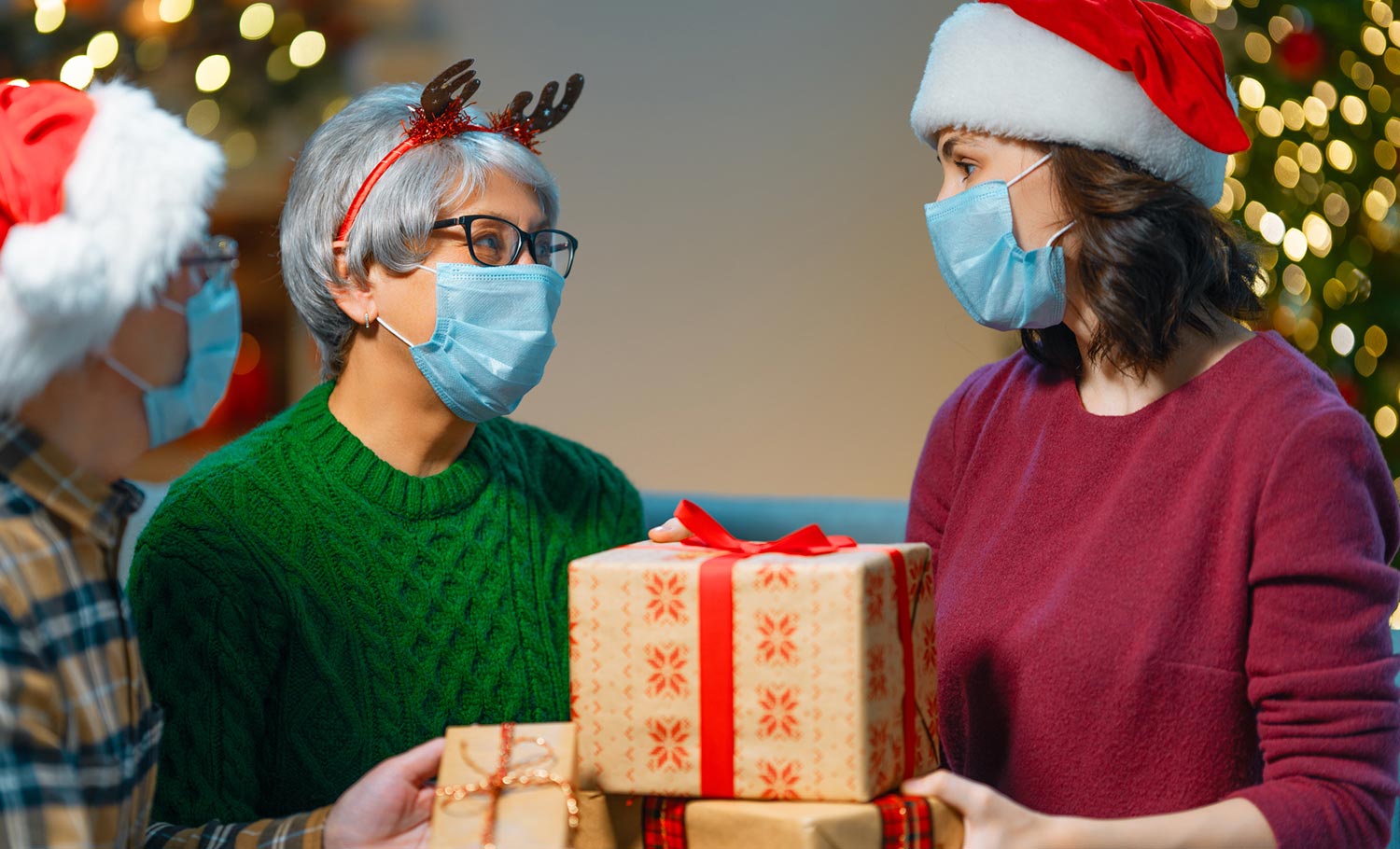Across the country, COVID-19 is changing holiday plans for caregivers and those in their care—and caregivers and seniors alike are feeling the strain. But there are things that caregivers can do to boost their holiday cheer and make the weeks ahead a special time for all.
There’s no question that the pandemic weighs heavily on caregivers’ minds this season. An AARP survey found 44% of caregivers say the pandemic has negatively impacted their mental health. Nearly half of care recipients report that their mental health has suffered as the pandemic has worn on, too. Feelings range from sadness to anxiety and depression.
In my practice at Holston Medical Group, where I’m a geriatrician, I’ve talked with family members who left their jobs to take care of aging parents full-time. Some chose to move parents into their own home to protect them from COVID-19 exposure. I also see the grief experienced by adults who made the tough choice to help parents move into assisted living centers or skilled nursing facilities before the pandemic. With visitation tightly restricted—sometimes to window visits—these individuals wonder: “Did we make the right decision?”
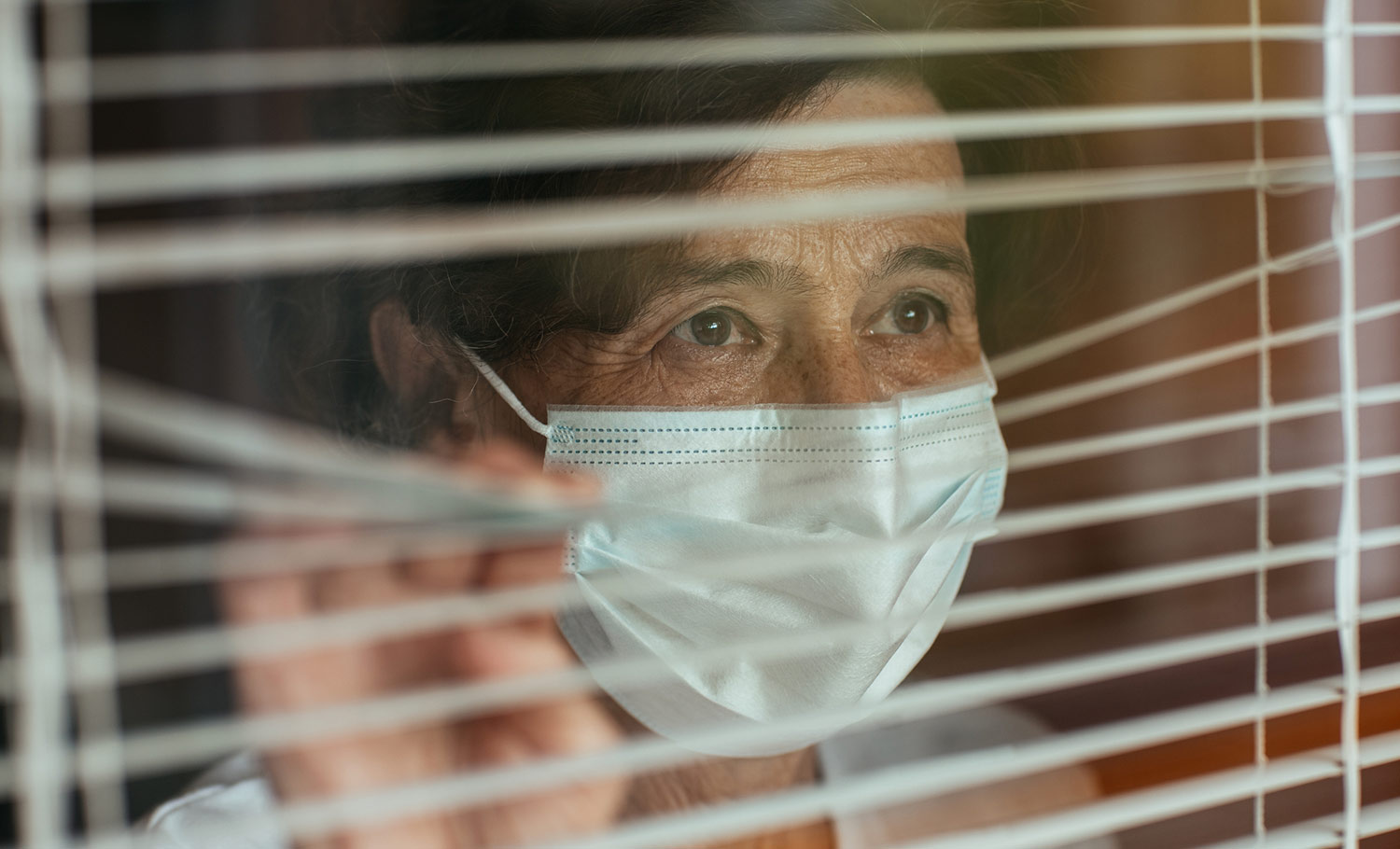
These are just some of the reasons why heading into the holiday season with both good cheer as well as attention to good health is so critical. It’s an approach that not only boosts caregivers’ mental and physical wellness, but also has tremendous dividends for those in their care.
Tips for Making the Season Merry and Bright
How can caregivers set the right tone for the holiday season while keeping older patients and family members safe? Here are five tips.
1. Hold onto daily routines
This is especially important when the person in your care has dementia, as those with dementia tend to feel better and are happier when their day follows their usual routine. They know what to expect, and as a result, they experience less stress—and so do caregivers. One holiday tip: Ask family members and others to participate in this daily routine, even on the day of a celebration. For example, one daughter-in-law of an Alzheimer’s patient makes sure her mother-in-law has laundry to fold and photo albums to page through during holidays, as these activities keep her mentally focused and give her something physical to tackle.
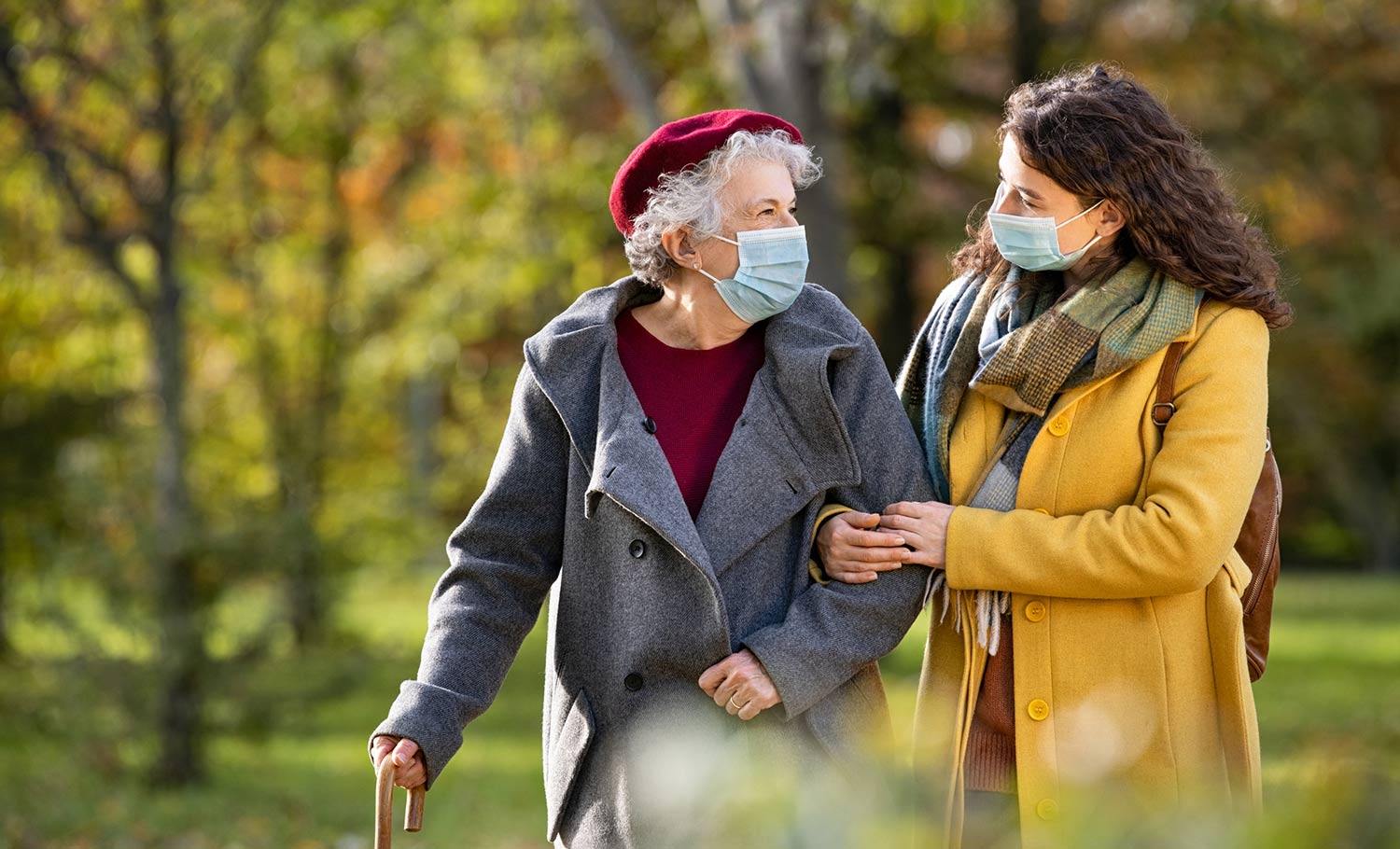
Remember that routine is a great antidote to stress not only for seniors, but also caregivers. For instance, if your routine is to take a walk each morning before the day’s activities unfold, hold tight to that activity. Make sure you’re getting the right amount of sleep, and try to incorporate good nutrition in your meal plan, even as holiday treats offer fun temptations.
2. Be smart about protecting yourself and others.
Make sure anyone who helps provide care for a patient or loved one takes the same COVID-19 precautions as you do, from washing hands frequently to using hand sanitizer and wearing a mask. In my work at HMG, I encourage patients and caregivers to approach the holidays—and the pandemic—with a focus on smart precautions for good health.
Make decisions that are in the best interest of your patient or loved one and yourself, from avoiding prolonged time spent in stores (meal delivery options, for example, rose in popularity during the pandemic; so did options for grocery delivery) to staying on top of social distancing efforts during the pandemic. The Centers for Disease Control & Prevention also offers great tips for safety during holiday gatherings, including avoiding buffet-like meals and social distancing at the dinner table.
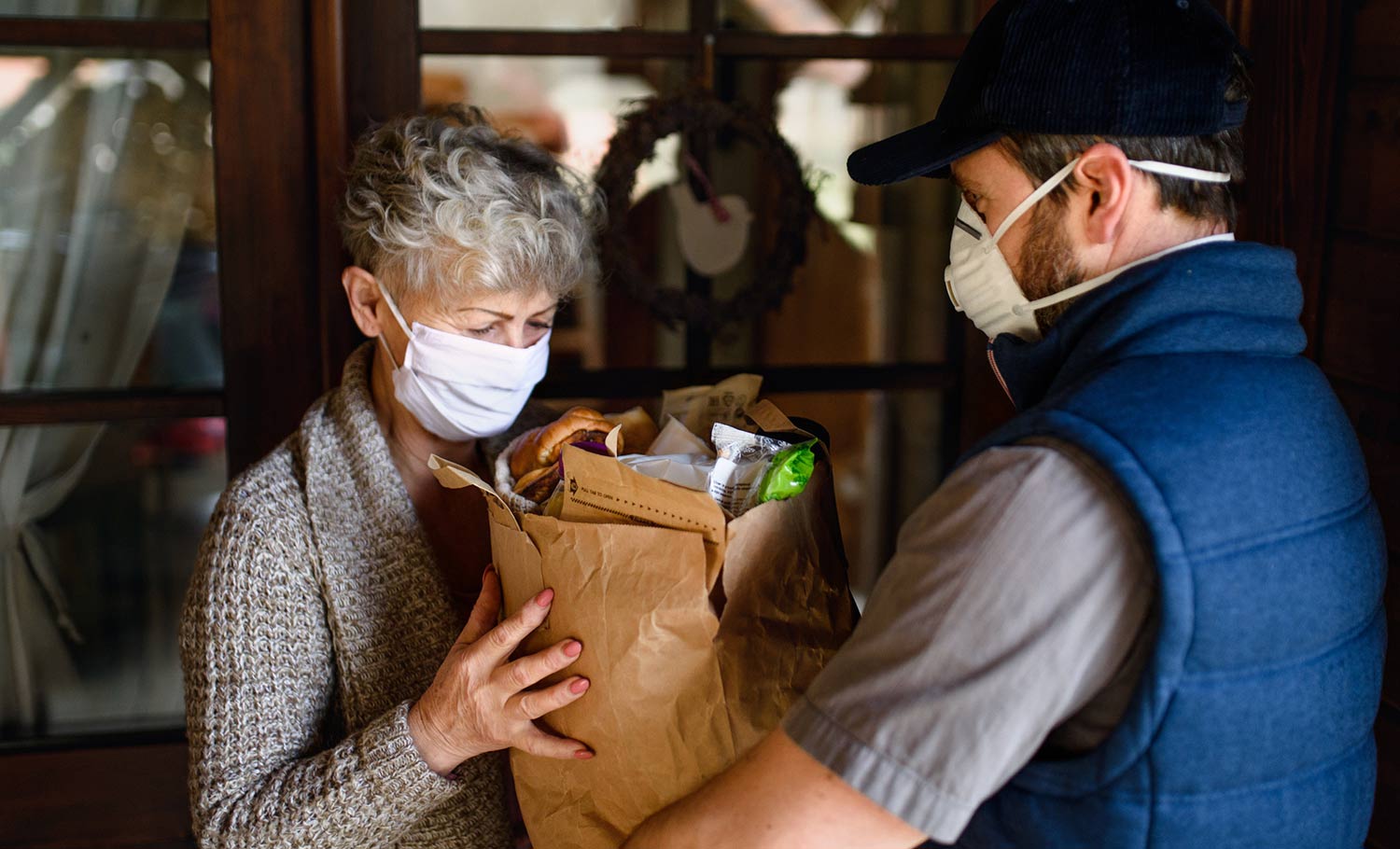
3. Talk with your provider about your patient’s level of risk.
Some patients—such as those with more than one chronic condition or those of advanced age—face heightened risk not just for contracting the coronavirus, but also for developing complications from the virus. Ideally, patients should be actively involved in decisions about how and whether to celebrate the holiday and the types of precautions that should be taken to protect their health.
At HMG, we encourage patients and caregivers to talk with our physicians about making a plan for health for the holidays. After all, we’re your healthcare partner for life.
4. Pay attention to your mental health.
While it’s important to take steps that maintain your physical health, staying socially engaged with friends and family, even virtually, provides an emotional boost that sustains your spirit. It also helps boost your mental resilience—extra critical during the winter months. Try to find new ways to continue old traditions, and look for creative ways to add some spark to socially distant gatherings. For example, online games for the family have proliferated this season, and even classic board games have apps. Is Grandma the “checkers queen”? Have her challenge your nephew to a round.
5. Don’t forget flu shots—for yourself and those in your care.
HMG Family Medicine physician Jonathan Blankenship, DO, who lost his father due to a bout with the flu, provides an important reminder on the value of flu shots during the pandemic. Getting a flu shot can even help in the fight against COVID-19 by reducing the risk of exposure to the virus in a medical setting. It also helps lessen the load for hospitals this winter, freeing up capacity to treat those suffering from COVID-19. Flu shots are free under most insurance plans. If you have any questions about whether to get a flu shot, I encourage you to contact an HMG physician.
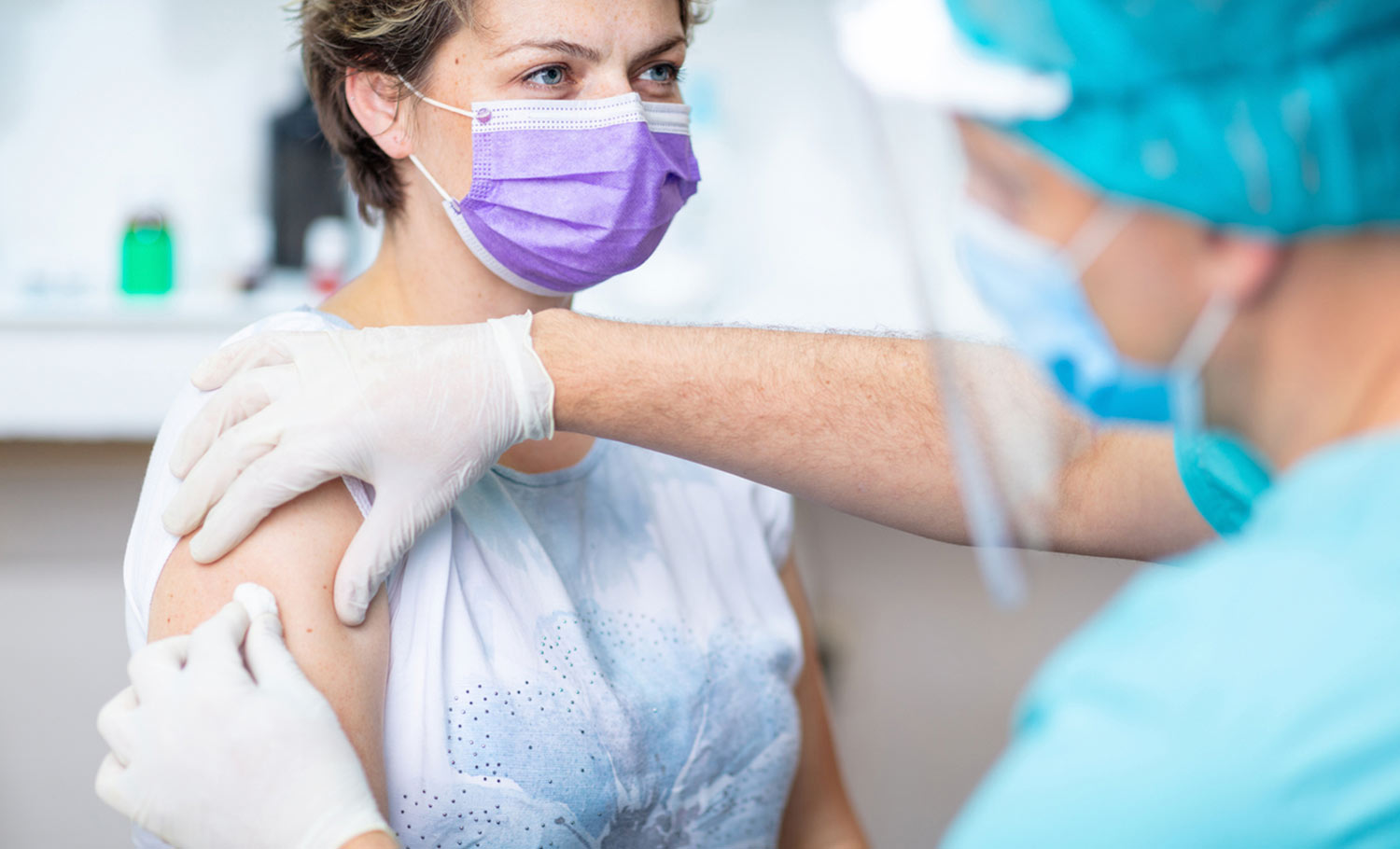
Have Yourself a Healthy Holiday
During the holidays and beyond, careful attention to risk-reducing behaviors presents the best chances for a healthy holiday for caregivers and those in their care. If you choose to celebrate with extended family, the behavior of family members in the weeks leading up to the holiday is as important as the steps families take to protect each other’s health during the celebration. Consider quarantining for two weeks before the event, avoiding exposure at retail stores, grocery stores and among friends. Attention to good health and everyday routine offers the best chances for a relaxed and fun holiday season for all.


